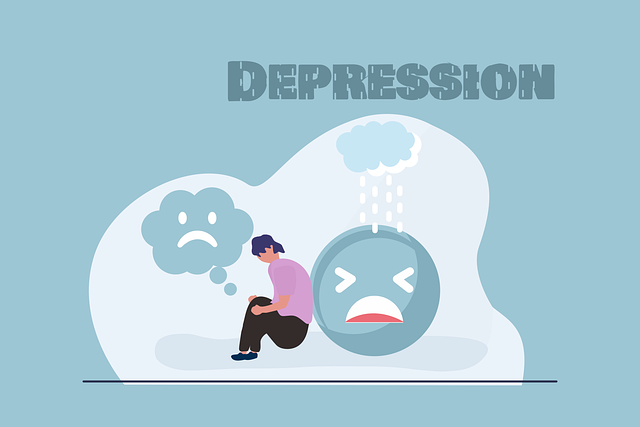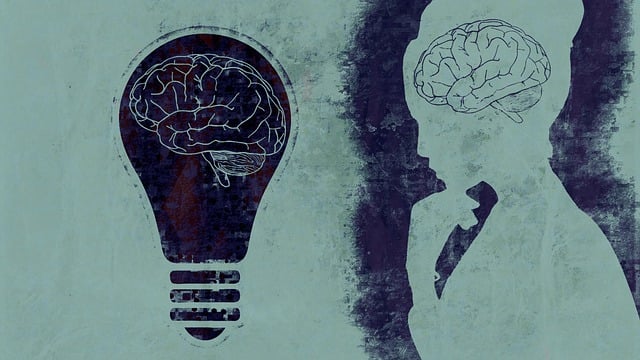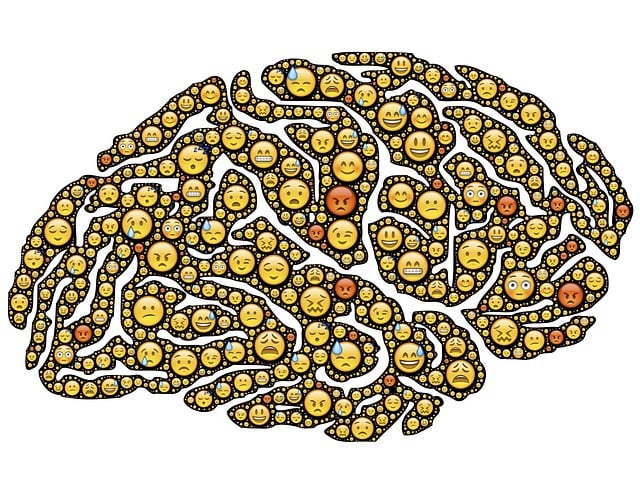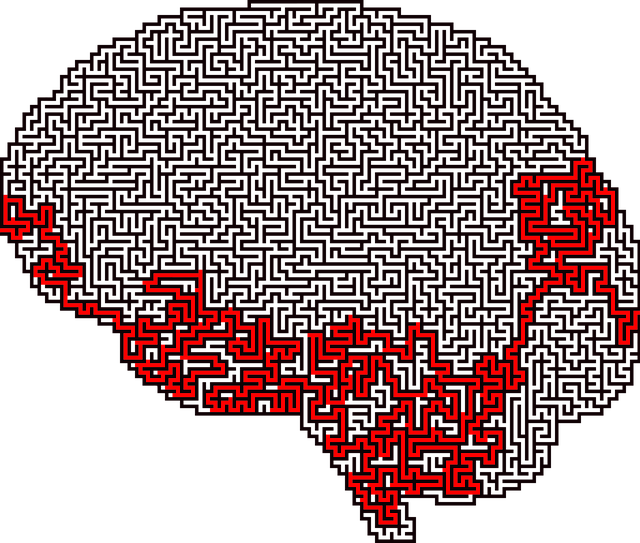Crisis Intervention Teams (CITs) provide vital, immediate mental health support during crises, focusing on de-escalation and long-term care. Trained professionals from diverse backgrounds use specialized skills in crisis assessment and intervention to address issues like depression, anxiety, and suicidal ideation. Comprehensive CIT training programs, including case studies and expert insights, enhance emotional intelligence and self-esteem among team members. As therapy for adults with depression becomes increasingly sought after, CITs bridge the gap between acute crisis support and ongoing mental health treatment. These programs equip laypeople with essential skills through interactive workshops, simulations, and practical exercises, fostering understanding of mental wellness challenges and contributing to improved long-term outcomes. Effective therapy outcomes require post-training implementation, ongoing support, and refinement of strategies through debriefings, supervision, workshops, and peer support groups.
Crisis intervention team (CIT) training programs are essential resources for equipping laypeople with the skills needed to provide immediate mental health support during crises. This article delves into the crucial role of CIT training in enhancing effective crisis management, focusing on adults with depression. We explore key components of comprehensive training, emphasizing post-training implementation and continuous support as vital elements for optimal therapy outcomes. By understanding these aspects, we can better navigate and respond to mental health emergencies.
- Understanding Crisis Intervention Teams: A Vital Resource for Mental Health Support
- The Role of Training Programs in Equipping Layperson for Effective Crisis Management
- Key Components of Comprehensive Crisis Intervention Team Training
- Promoting Post-Training Implementation and Continuous Support for Optimal Adult Depression Therapy Outcomes
Understanding Crisis Intervention Teams: A Vital Resource for Mental Health Support

Crisis Intervention Teams (CITs) are a vital resource in providing immediate and effective mental health support to individuals experiencing severe emotional distress or crisis. These specialized teams, often composed of trained professionals from various disciplines, offer a coordinated response to those struggling with issues such as depression, anxiety, suicidal ideation, or other mental health emergencies. The primary goal is to de-escalate the situation, ensure safety, and connect the individual with appropriate long-term care and resources.
CIT training programs equip participants with essential skills in crisis assessment, intervention techniques, and communication strategies tailored for high-stress situations. By enhancing self-esteem improvement and emotional intelligence, these programs empower team members to provide compassionate and competent care. The mental wellness podcast series production often includes case studies and expert insights that further enrich the learning experience. In today’s world, where therapy for adults with depression is increasingly sought after, CITs play a crucial role in bridging the gap between immediate crisis support and ongoing mental health treatment.
The Role of Training Programs in Equipping Layperson for Effective Crisis Management

Crisis intervention team training programs play a pivotal role in equipping laypeople with the necessary skills to effectively manage crises and support individuals in distress, including those experiencing therapy for adults depression. These programs go beyond basic first aid or CPR by delving into complex scenarios that require empathy building strategies and resilience-focused techniques. Through interactive workshops, simulations, and practical exercises, participants gain a deeper understanding of mental wellness challenges and learn how to respond with compassion and professionalism.
The curriculum often includes modules on active listening, de-escalation techniques, and crisis assessment tools, empowering individuals to recognize warning signs and provide immediate assistance. Moreover, training programs emphasize the importance of empathy building strategies, fostering an environment where individuals feel heard, understood, and supported during stressful situations. By enhancing resilience building skills, these initiatives ensure that laypeople are better equipped to handle not only acute crises but also contribute to long-term mental wellness outcomes for those they support.
Key Components of Comprehensive Crisis Intervention Team Training

Comprehensive crisis intervention team training should encompass several key components to ensure effectiveness and impact. Firstly, it’s crucial to delve into stress management workshops, equipping team members with tools to handle their own stress levels so they can effectively support others during crises. These workshops not only enhance individual resilience but also strengthen the overall team’s ability to navigate challenging situations.
Additionally, training should focus on cultivating empathy building strategies. By fostering a deep understanding of others’ emotions and perspectives, crisis intervention teams can offer more tailored and compassionate support. This component is particularly vital when addressing mental health issues like therapy for adults with depression, where empathy serves as a bridge to connect with individuals in need and facilitate effective interventions. Moreover, incorporating mental wellness podcast series production into training programs can provide ongoing resources and insights into best practices, enabling team members to stay informed and engaged even after formal training concludes.
Promoting Post-Training Implementation and Continuous Support for Optimal Adult Depression Therapy Outcomes

After completing crisis intervention team training, ensuring effective post-training implementation and continuous support is vital for achieving optimal therapy outcomes in adult depression. This involves creating a supportive environment where healthcare providers can apply learned skills confidently. Regular debriefings and supervision sessions facilitate reflection on real-world scenarios, allowing teams to refine their strategies and enhance cultural competency, especially when navigating diverse patient populations.
Promoting ongoing professional development through workshops, peer support groups, and access to evidence-based resources equips crisis intervention teams with the tools needed to manage complex cases effectively. By fostering an atmosphere of collaboration and continuous learning, these initiatives contribute to improved mental health outcomes for adults suffering from depression, anxiety, and related conditions.
Crisis intervention team (CIT) training programs are instrumental in equipping laypeople with the skills to manage mental health crises effectively. By focusing on key components such as situational awareness, de-escalation techniques, and communication strategies, these programs play a crucial role in enhancing support for adults experiencing depression. To ensure optimal therapy outcomes, continuous post-training implementation and support are essential, fostering a culture of resilience and effective crisis intervention within communities.








